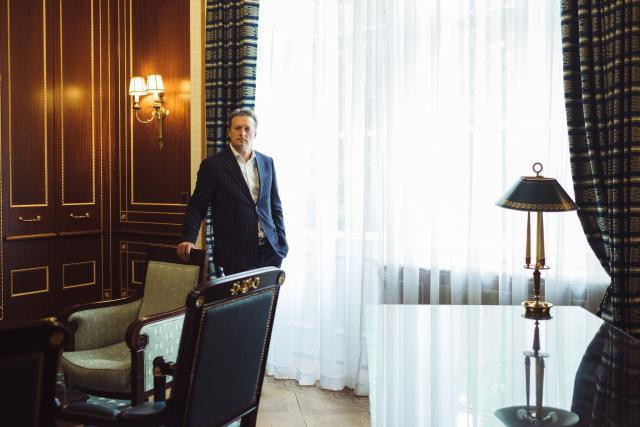With around 80 bank employees, EWUB was one of the first international banks in the grand duchy, now boasting some €156m in shareholder equity with over 500 corporate and private clients.
“We believe that wealthy Russians, who legally earned their money, and successful companies with Russian shareholders are entitled to first-class banking services in Europe,” EWUB’s CEO Sergey Pchelintsev said in a communiqué. “For historical reasons, we deeply understand the business and regulatory environment of Europe and Russia, so we can provide Russian-speaking clients with high-quality banking services in one of the most attractive European jurisdictions.”
Opening in 1974, for its first roughly 20 years EWUB served the interests of the USSR; since 2007, it has been owned by Sistema, a Russian conglomerate headquartered in Moscow. In 2015, former economy minister Jeannot Krecké took on the role of board chairman, and in 2017 EWUB launched an online platform for retail deposits, which served over 3,000 clients from Germany and Luxembourg within two years.
Among some of EWUB’s projects in Luxembourg are its support of the annual Russian charity ball as well as the Russian Kalinka school, founded in 2010.
The bank will formally celebrate its anniversary on 15 September with a concert by the Mariinsky Orchestra under the direction of Valery Gergiev at the Philharmonie, which will be followed by a private reception.
But accolades are already rolling in: among those to congratulate the bank is Ambassador of Luxembourg to the Russian Federation, Jean-Claude Knebeler, who called the bank “an important element in the relationship between Luxembourg as a European financial centre and at first the Soviet Union, followed by the Russian Federation. Its development underlines the international nature of Luxembourg, a keystone in the global financial system.”
